🇬🇧 Documentary Spotlight in London: Brian Eno, ‘Skywalkers’ & Survivors
WATCH: Filmmakers behind ‘The Remarkable Life of Ibelin,’ ‘The Commandant’s Shadow,’ 'Invisible Nation,' ‘Mediha’ & more join The Ankler & Pure Nonfiction live

At AnklerEnjoy, the home for post-Ankler Events content, you can watch all of the documentary panels as well as view additional photos.
You can also listen to audio of these conversations with Oscar contenders in conversation with Thom Powers here and here on the Pure Nonfiction podcast.
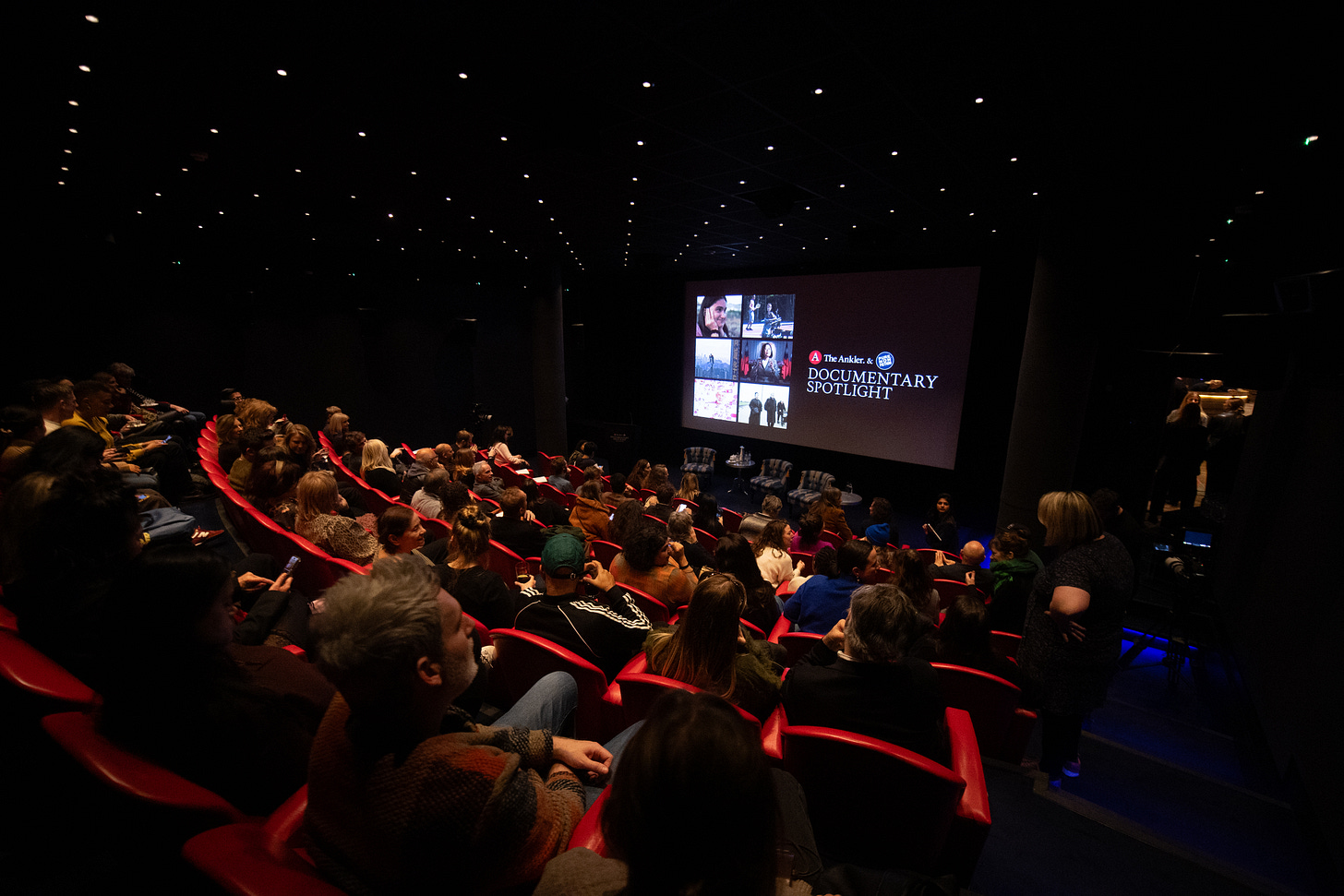
Musical polymath Brian Eno set the tone for the latest edition of The Ankler & Pure Nonfiction’s Documentary Spotlight when he interrogated how art can drive social change — a recurring theme in many of the Oscar-submitted films that were showcased at the packed London event.
“I can see, from a background level, how it has a huge role,” said the Grammy-winning musician and record producer, who is the focus of Helvetica director Gary Hustwit’s biopic, Eno (Film First). “One of the things that art does is it dignifies certain subjects or areas of experience that may not have been dignified before,” Eno added.
The British icon shared this perspective at the splashy international premiere of Documentary Spotlight, after three successful editions in Los Angeles. The Nov. 22 gathering at the Soho Hotel featured six films that tackle urgent themes while also experimenting with form and animation.
Emceed by Pure Nonfiction’s Thom Powers, the event welcomed an audience of about 100 invite-only industry insiders for a lunch, followed by an afternoon showcase and champagne reception. Among the guests: AMPAS and BAFTA members, including Netflix U.K. feature docs boss Kate Townsend, Your Fat Friend helmer Jeanie Finlay and Shooting the Mafia director Kim Longinotto and producer Elhum Shakerifar. Producers Sigrid Dyekjaer and Heino Deckert traveled to London from Copenhagen and Berlin, respectively, to attend.
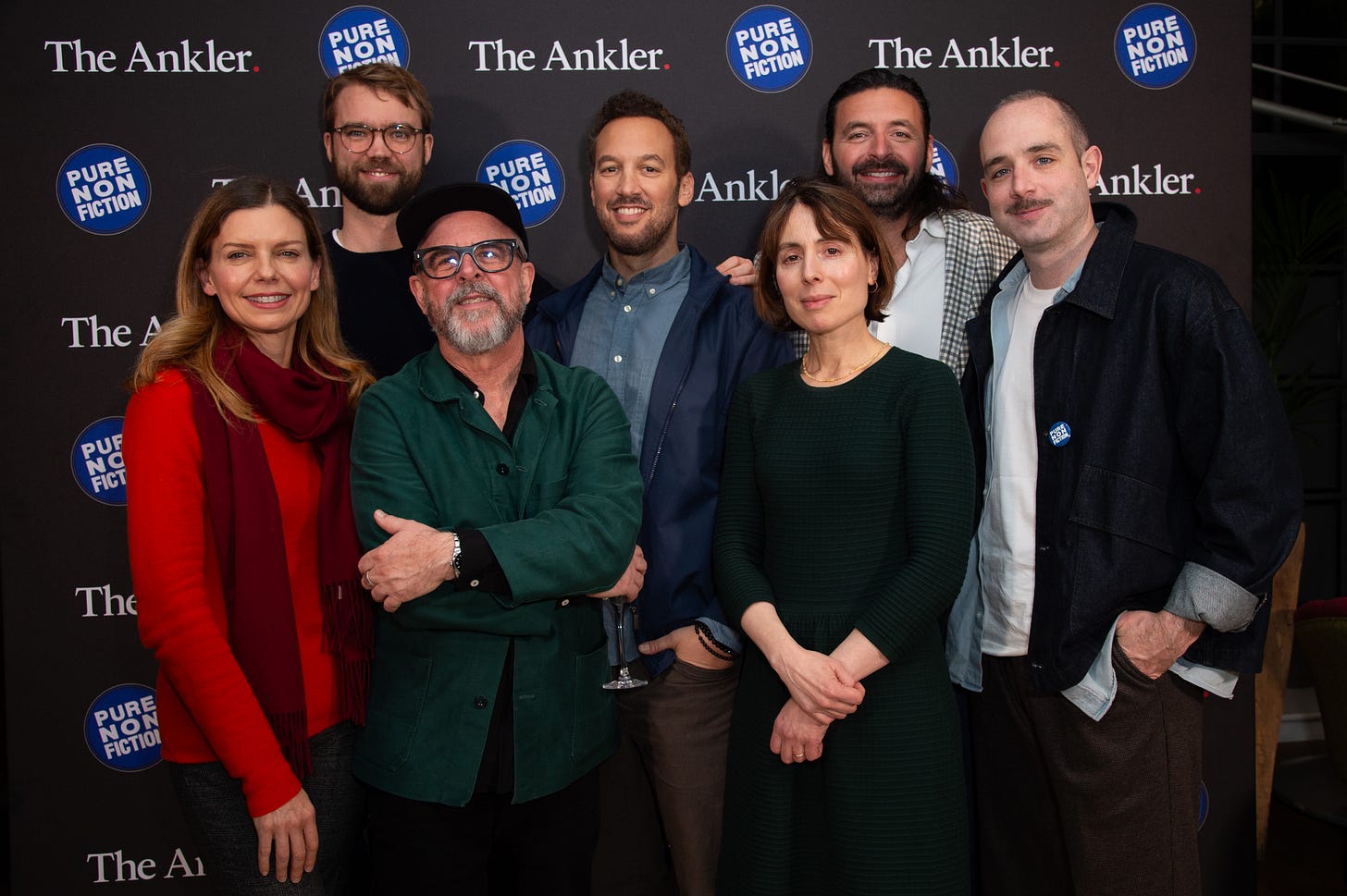
Eno, whose film was the subject of the afternoon’s keynote conversation, said “art works hugely in conditioning what we think about and how we think about it.” When it came to Eno, the artist collaborated with Hustwit to push the boundaries of art in documentary as far as they could go.
Hustwit took 30 hours of interviews with Eno and 500 hours of the icon’s personal archive footage, then worked with collaborator Brendan Dawes to create custom software that reshuffles the core material every time the film is screened. The result is an auto-generative film that has produced a different version at each of its 500 screenings this year.
“Since [the Sundance premiere], we have added hours and hours of new material to it,” Hustwit said. “The idea of a ‘cutting room floor’ doesn’t really exist with this approach.”

Benjamin Ree, director of The Remarkable Life of Ibelin (Netflix), similarly pushed himself to explore new forms of storytelling in his moving film about a Norwegian gamer with a degenerative muscular disease who expanded his horizons and community via World of Warcraft.
“I had never played World of Warcraft before, or made an animated film,” Ree explained. But when he came across the story of Mats Steen, whose deep online friendships and romances were discovered by his family only after his death in 2014 at 25, Ree knew he needed to tell the story using animation.
The director, whose past credits include the Oscar-shortlisted The Painter and the Thief, partnered with Stockholm-based animator Rasmus Tukia to bring Steen’s online persona, Ibelin, to life using 42,000 pages of gaming dialogue.
“I really wanted my grandmother to feel included in this world,” Ree said. “She has never played a video game, and that was the goal: to invite everyone in.”
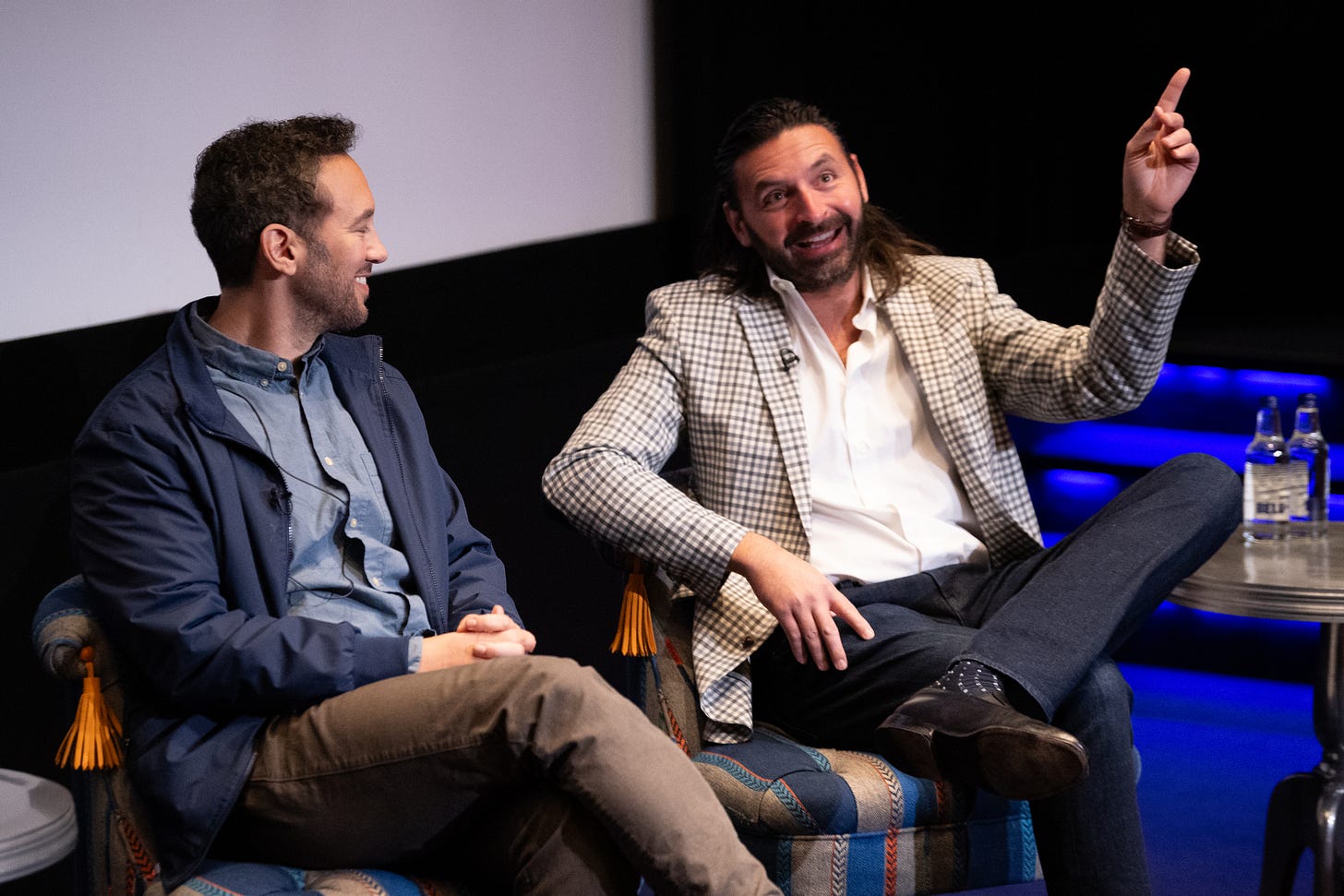
Another film that quite literally takes documentary to new heights is Jeff Zimbalist’s Skywalkers: A Love Story (Netflix/XYZ Films), which follows a Russian “rooftopping” couple — members of a global daredevil tribe who scale tall buildings without safety gear.
Zimbalist said his “biggest concern” was the safety of his crew (and of viewers who might be inclined to copycat the risky climbs). “We did go with our big cameras up to the flat roofs . . . but we had a safety protocol, and we had to leave the Skywalkers at that flat roof,” said Zimbalist. “If they would go up on a crane or on a spire, they would do the shooting themselves.”
Tamir Ardon, head of documentary at XYZ Films, added that the film took pains not to “put the climbers in positions where they’re going to be distracted by our cameras being around, or feel that they need to over-perform in a certain way, other than doing something that they’ve been naturally doing for many, many years.”
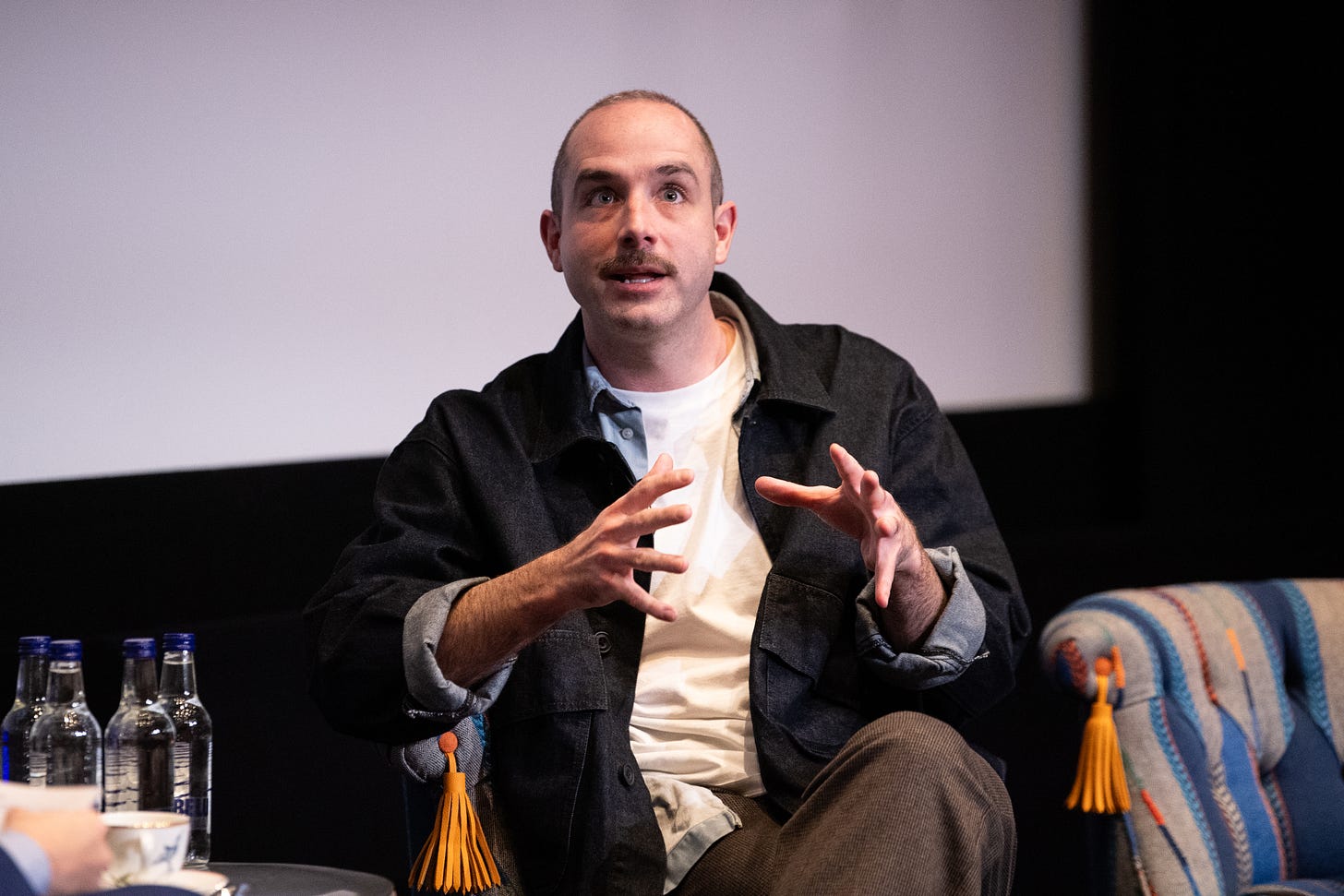
Documentary Spotlight also elevated a number of films made against tense political backdrops, with high stakes for their subjects, including Hasan Oswald’s Mediha (Together Films), Vanessa Hope’s Invisible Nation (Clu Collective) and Daniela Völker’s The Commandant’s Shadow (HBO Documentary Films).
“I had been interested for a while with the power dynamic and balance between filmmaker and participant,” said Oswald, discussing his collaboration with Mediha, a young Yazidi girl and survivor of ISIS captivity who was encouraged to tell her own story using a video camera.
“I thought, ‘This is clearly a young woman who could potentially carry a collaboration,’ because it’s a big ask,” said the New York-based director, who met Mediha during a 2019 trip to Iraqi Kurdistan. “I knew I needed someone really incredible.”
The New York-based director says part of the film’s campaign is to “refocus the international spotlight” on the Yazidis 10 years after ISIS’ genocide against the indigenous group. Around 2,700 are still missing or in captivity.
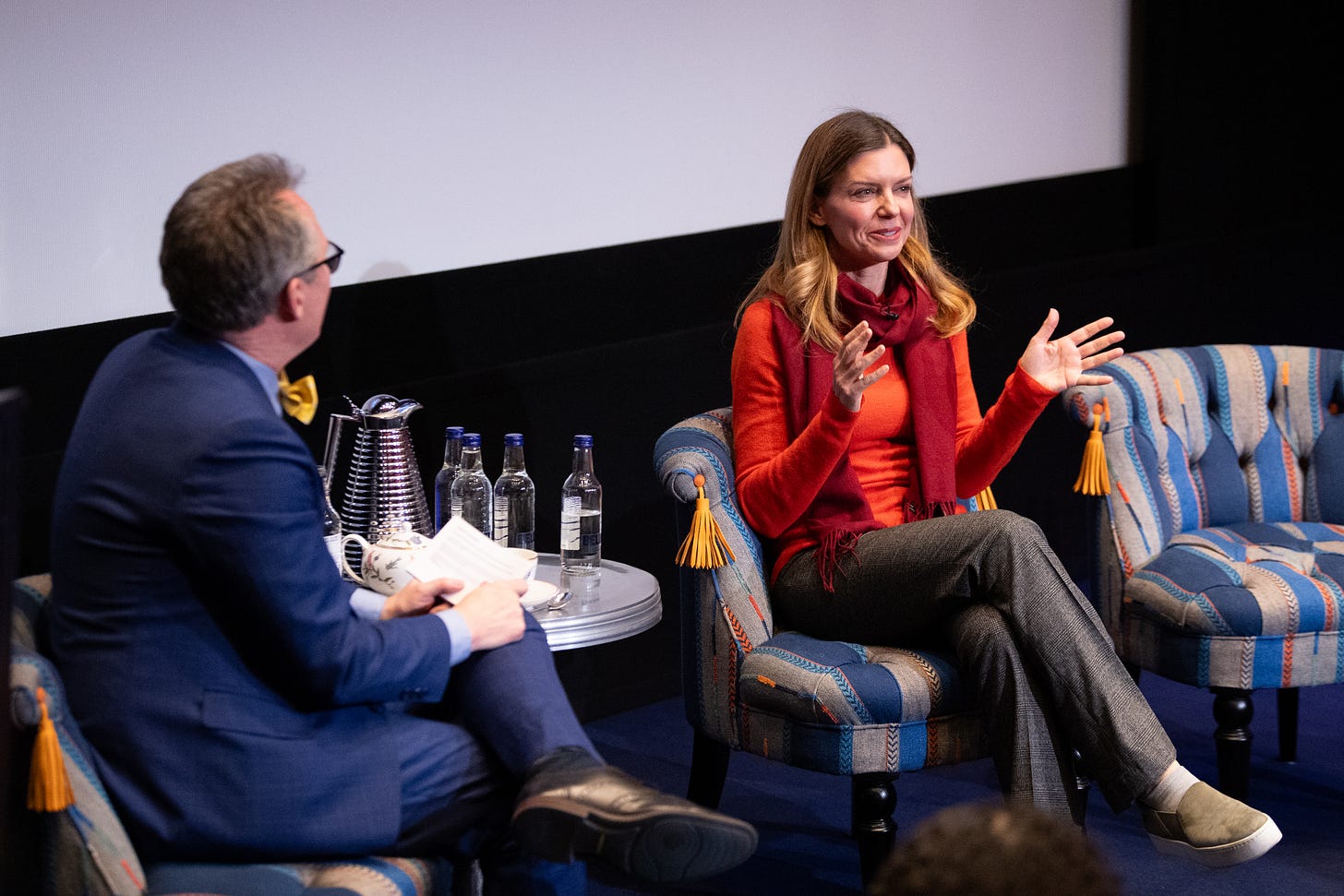
Hope said her film Invisible Nation — a portrait of Taiwan’s first female president, Tsai Ing-wen, and her fight to maintain the country’s tenuous freedom from China — had to give audiences enough evidence so they can “understand the urgency and direness” of the island’s status.
“Because if China gets away with this narrative of — as Putin tries to do with Ukraine — ‘they’ve always been our territory, therefore, international communities stay out, and we can do what we want here,’ then Taiwan is in deep trouble,” said Hope.
However, if audiences can understand that there’s a “true history to Taiwan that's separate from the People’s Republic of China, then if China attempts an invasion, it will be an international war crime,” she added.
Hope has taken Invisible Nation to the U.K.’s House of Lords and hopes to screen it at the European Parliament.
“I really think that the world’s democracies and other countries can learn from Taiwan,” said Hope. “Their voice is such an important voice of resilience, inspiration and truth in the face of a right-wing backlash that’s happening globally.”
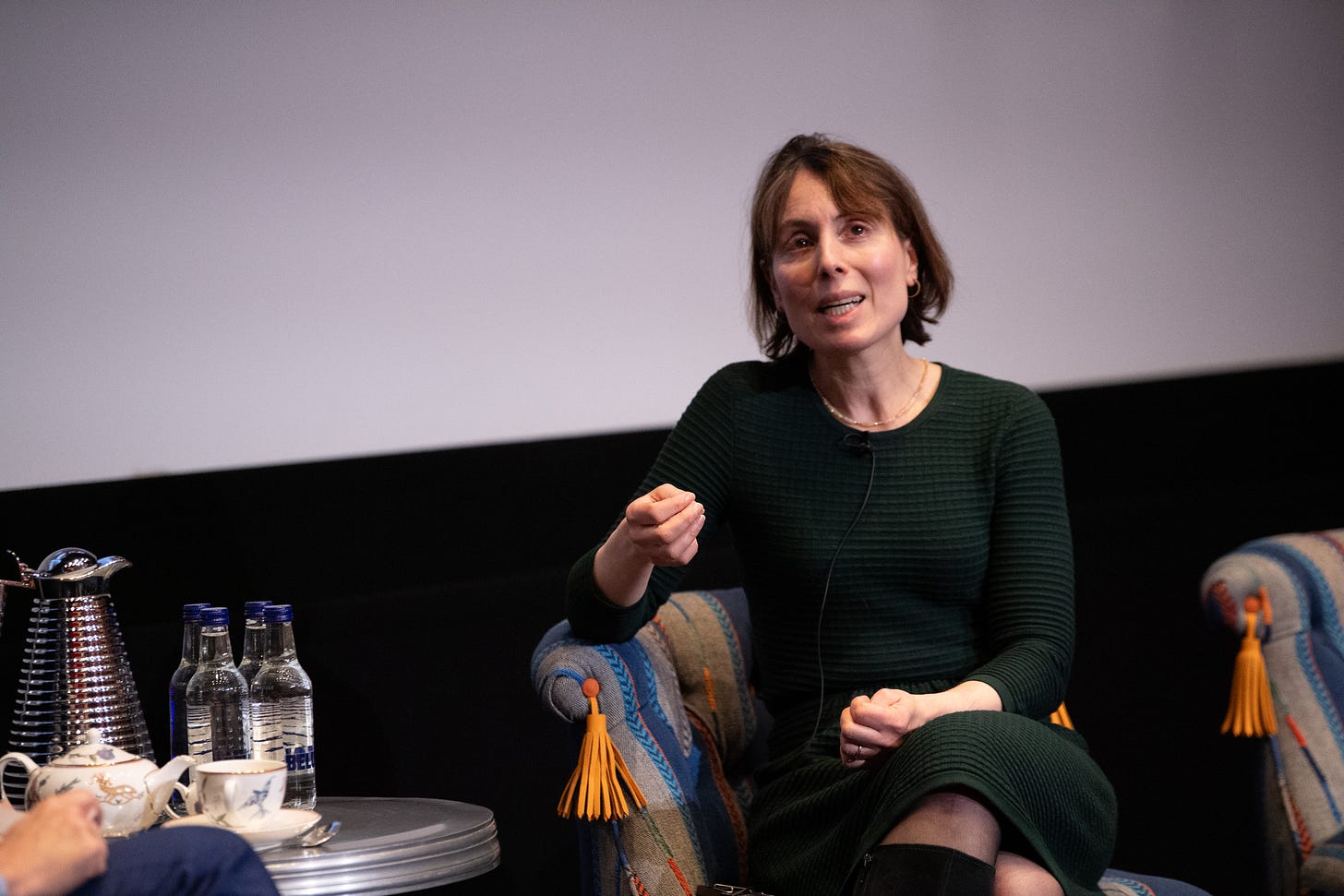
Völker hopes The Commandant’s Shadow can also help foster a dialogue around political conflicts by highlighting a shared humanity.
The film chronicles the meeting between Hans Jürgen Höss, the son of Auschwitz commandant Rudolf Höss, and one of Rudolf Höss’ former Jewish prisoners, Anita Lasker-Wallfisch, who survived by playing the cello in a camp orchestra.
“I always think what’s so terrible about that place (Auschwitz) is that someone imagined it and then put it into action, so it was documentary gold to meet a man in his mid-eighties (Hans Jürgen Höss) who had never at all thought about his father — and had spent his entire life suppressing any knowledge,” said Völker.
Höss and Lasker-Wallfisch weren’t originally intended to cross paths but became interested in meeting each other over the course of production.
“We wanted to make people think and reflect,” said Völker. “Anita was a Holocaust survivor, a musician, and she became a Holocaust educator at 75 when she retired from music. Her big thing was [for people to] talk to each other, because when you have a dialogue, you may find that actually you have more in common than divides us.”




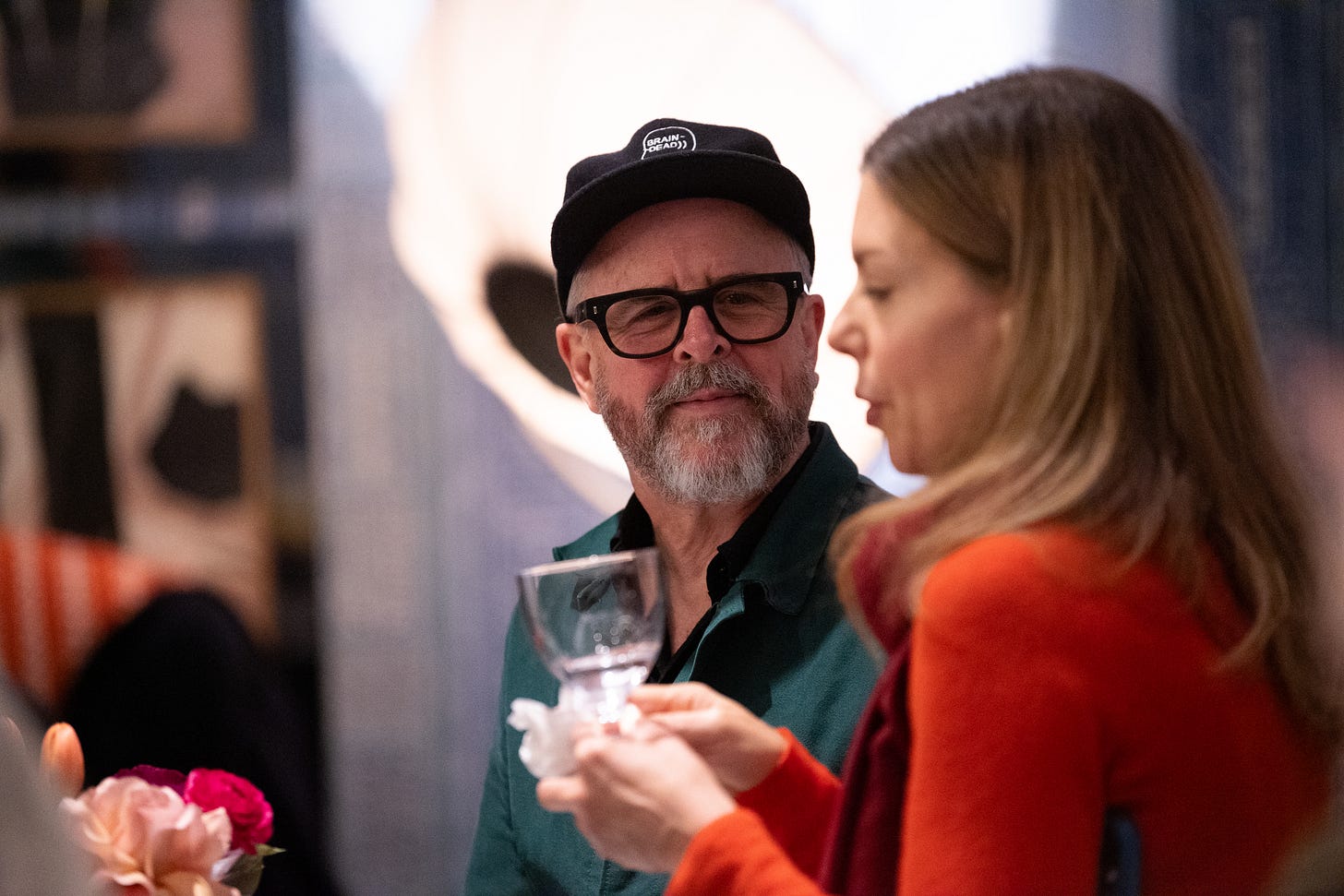

I just re-read this. Manori, you are the best